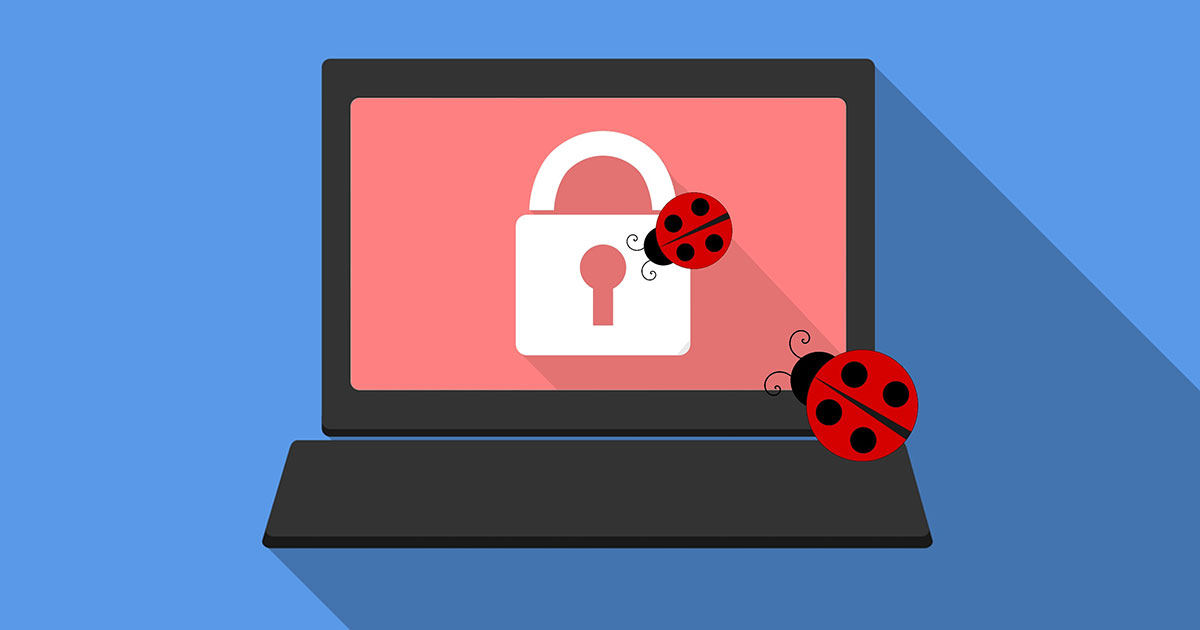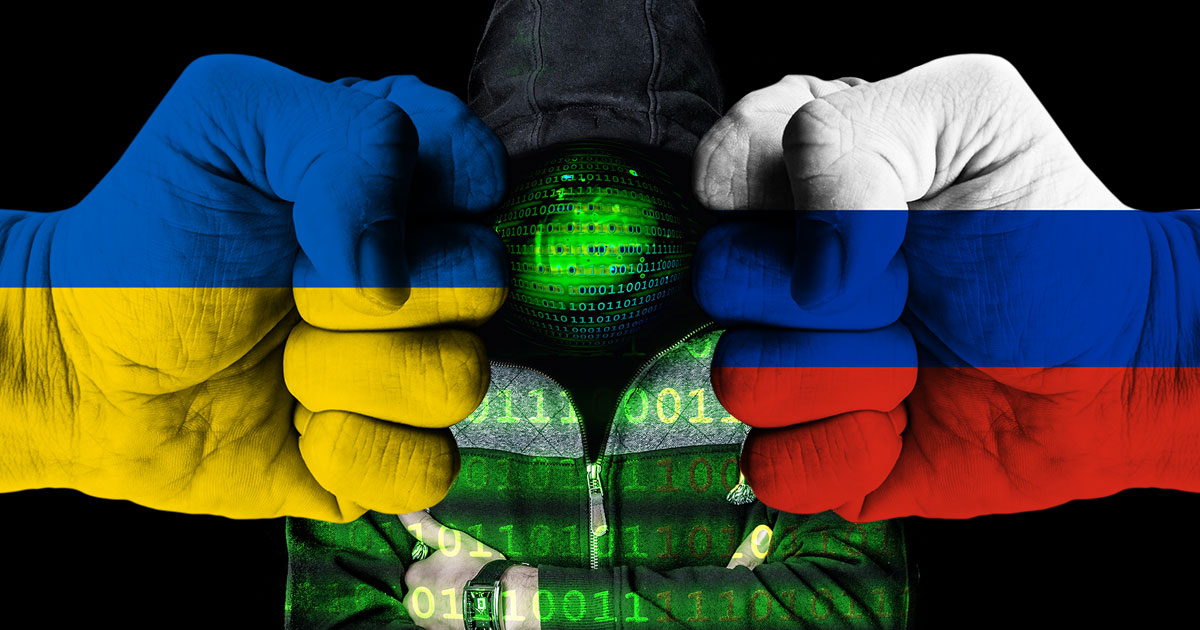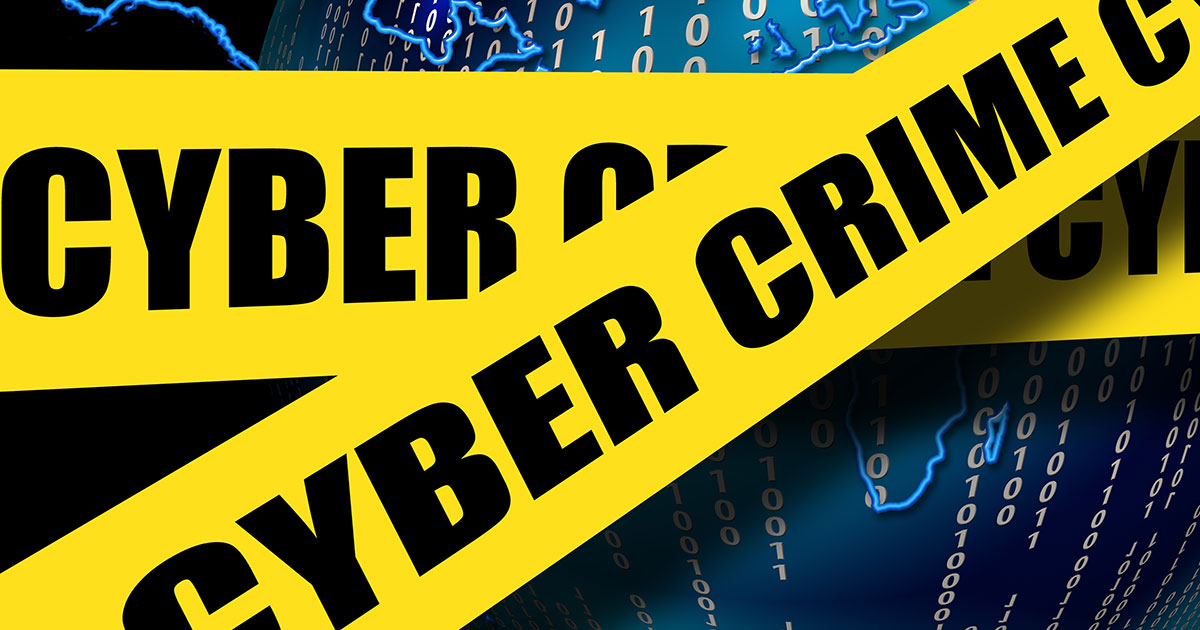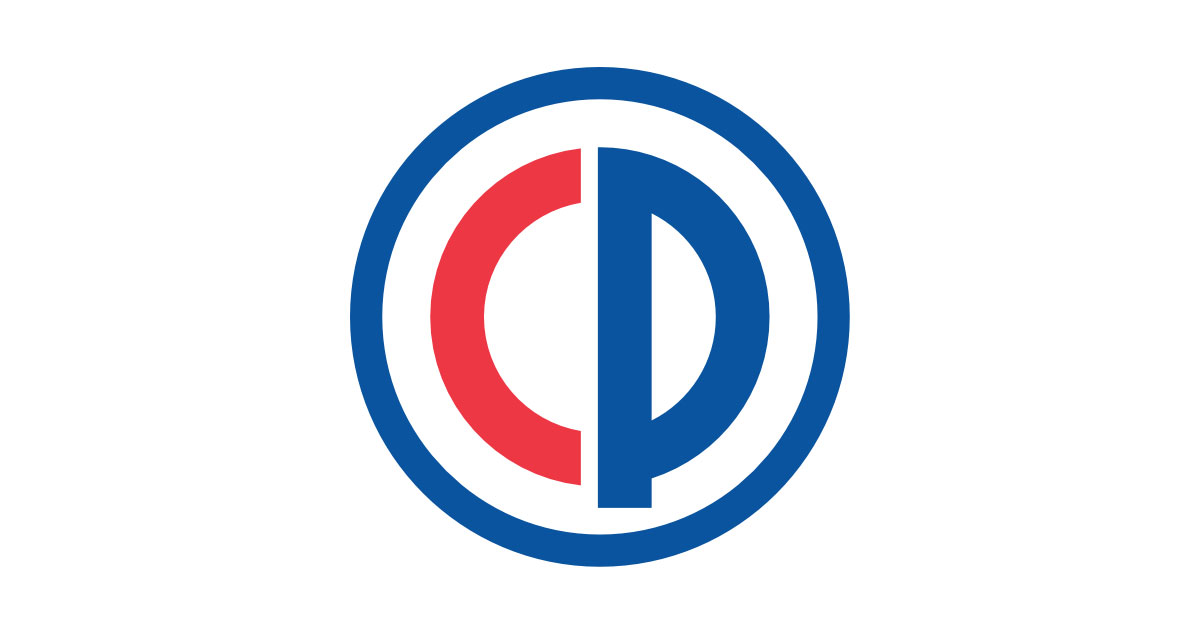
In the neon-lit realm of cinema, where every frame is always protected by layers of digital security, a 21-year-old college dropout from Patna silently breached the barriers, shaking the entire industry.
Ashwani Kumar, a young coder from Gulzarbagh, Patna became the unlikely architect of one of the largest movie piracy operations India has ever witnessed. What is the shocking part? He was only armed with self-taught coding skills and one internet connection!
Surprisingly, what began as harmless curiosity on YouTube soon spiraled into a full-fledged cybercrime saga — a story that perfectly illustrates the razor-thin line between a hacker and an ethical hacker.
The Hacker Next Door?
In a massive inter-state crackdown, Telangana Police exposed a piracy network that had infiltrated two of India's leading digital cinema distribution companies.
At the center of it all was Ashwani — a young coder who taught himself hacking, Java, and Python through online tutorials and began experimenting with penetration tools on Kali Linux.
Soon, his curiosity turned into an obsession. Using malware, he built himself, Ashwani managed to mimic the digital identity of authorised cinema hall operators, giving him access to encrypted movie files meant only for theatres.
Once inside, he bypassed firewalls, intercepted key delivery messages, and unlocked HD movie prints — all from his duplex home in Gulzarbagh, Patna.
As reported by the Time of India, when police finally raided his home in August, they discovered hard drives filled with over 120 unreleased and newly released films, including: Brad Pitt's "F1", Aamir Khan's "Sitare Zameen Par", Ram Charan's "Game Changer". Ajith's "Good Bad Ugly".
Each digital print fetched him around $800 on piracy forums and Telegram networks, and investigators froze nearly $100,000 in cryptocurrency linked to his illegal sales.
According to the Times of India, ACP (Cyber Crimes) R.G. Siva Maruthi mentioned:
"The scale of the piracy and the technical precision shocked even seasoned investigators."
What is the most shocking part?
Did Ashwani have any formal cybersecurity training? No. His only weapon was "curiosity" and the open web.
Yes, out of curiosity, he spent days and nights watching hacking tutorials on Youtube, experimenting on virtual labs and reading forums. However, without suitable mentorship and moral direction, his path of learning veered off course. What he lacked was guidance, ethics, and a sense of responsibility that turns a hacker into a cyber defender instead of a criminal.
So, this incident isn't just a police case—it's a wake-up call. Therefore, it can be claimed: hacking, by itself, is not the villain—intention is.
Where is the fine line between Hacker and Criminal?
Cyber experts of Indian School of Ethical Hacking (ISOEH) strongly admit that cyber brilliance evolves with curiosity. However, the same curiosity without ethics can demolish the mind of an individual instead of building skills.
The story of this 21-year-old boy is the proof: the same skills that can protect systems can also destroy them.
Hacking isn't about stealing—it's about securing. It's about thinking like an attacker to stay one step ahead.
But when that line blurs, industries bleed—and the world loses another bright mind to the dark side of the web.
The Final Takeaway
The Hyderabad piracy bust isn't just a story about one young man and his crime—it's a story about potential without purpose.
Cyber skills are powerful. They can build careers, protect nations, and guard creativity—if used responsibly.
If you're fascinated by hacking—learn it, but learn it the right way.
Get trained, get certified, and most importantly, understand the ethics behind every line of code you write.
Because every system you break into can either:
- expose a vulnerability to make it safer, or
- exploit it to make it weaker.
The choice defines whether you're a hacker or a criminal.
Let this be the moment we remind ourselves:
Knowledge without ethics is chaos. But with the right training, it becomes power.
ISOEH does not just teach hacking.
It teaches how to hack ethically, think critically, and defend responsibly. Because the world doesn't need more hackers.
It needs ethical hackers - who know when not to hack.
Exclusive Blog
Read All Exclusive Blog »
With world working from home, it's time to make it enjoyable and effective.
Read DetailsHacking Tools
Explore All Hacking Tools »
UFTP is an encrypted multicast file transfer program for secure, reliable & efficient transfer of files. It also helps in data distribution over a satellite link.
Read Details










